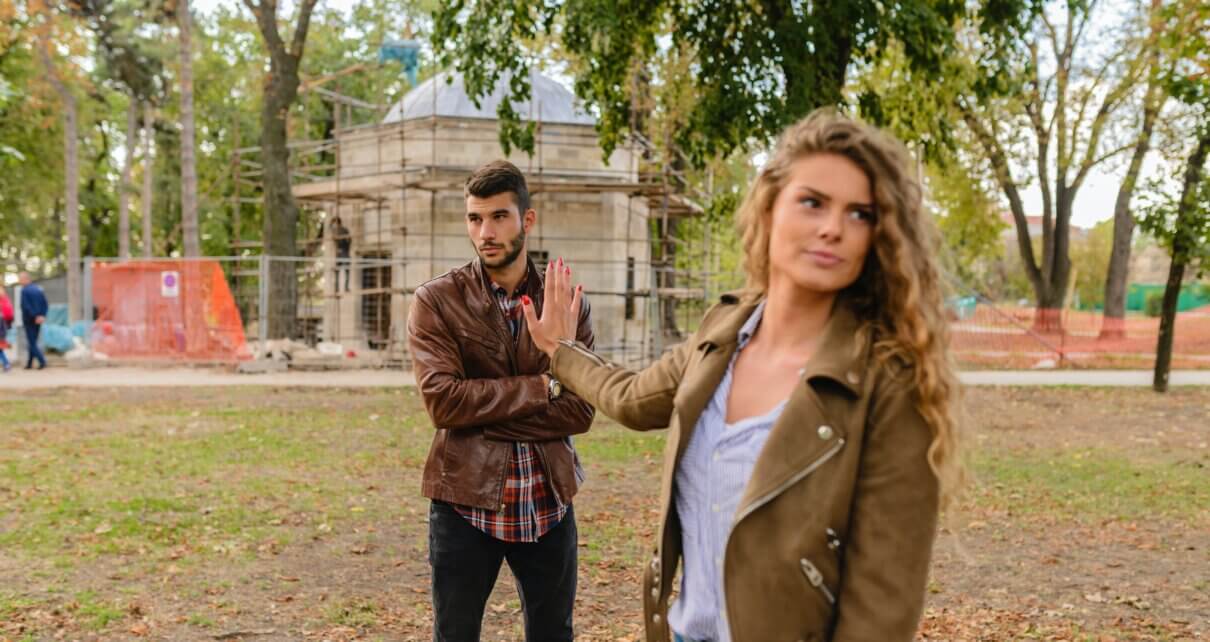Chivalry is dead, or, at least, that’s what I’m told. So, who is to blame for our society’s lack of knights in shining armor? Well, it isn’t a ‘who’ but rather a ‘what.’
Hookup culture encourages one-night stands over investing in emotional relationships. Many believe this culture has annihilated the art of romance and real, sincere connection. Although its presence prevails society, it’s breeding grounds are college campuses.
Some college students prefer hookup culture to committed relationships because they think it’s more fun and allows them greater freedom. However, too much of a good thing can have its consequences.
The National Library of Medicine conducted a study with 607 college students. According to the results, 45 percent of students who have participated in hookup culture have regretted it and 27 percent had feelings of loneliness post-hookup.
Additionally, a closer look at the study revealed that women suffer disproportionately from the negative aspects of hookup culture as opposed to men. Women’s depressive symptoms increased after hookup, while men’s stayed the same. The study also listed STDs and pregnancy scares as some of the top negative effects of hookup culture.
Jill Bodiford, sophomore English and elementary education student, shared her thoughts on hookup culture, “I definitely think it’s not everyone’s cup of tea, but I respect the people that want to put themselves out there in that way. Nonetheless, I do think it isn’t the healthiest way to put yourself out there. It could impact your self-esteem since a lot of the time no real connection is being made. It’s a cycle that can get exhausting.”
Hookups directly correlate with mental distress, according to a research article published in the Journal of Sex Research titled, “Assessing the Personal Negative Impacts of Hooking Up Experienced by College Students: Gender Differences and Mental Health.” The article continues to explain that mental distress is associated with poor decision-making skills and low self-esteem.
Nevertheless, hookup culture can lead to more serious issues. The American Psychological Association (APA) states, “Despite the prevalence of positive feelings, hookups can include negative outcomes, such as emotional and psychological injury and sexual violence.”
The article also discusses how hookups can sometimes lead to unwanted encounters, “In a sample of 178 college students, participants noted that most of their unwanted sex occurred in the context of hookups: 77.8 percent during a hookup, 13.9 percent in an ongoing relationship and 8.3 percent on a date.
Similarly, in a sample of 761 women students, approximately 50 percent of women reported at least one experience of unwanted sex. Of those women, 70 percent experienced unwanted sex in the context of a hookup.”
This is not to say all hookups lead to sexual violence or assault. Though, it is a common and serious occurrence that needs rectification.
Hookup culture also played a role in the creation of the term “FWB,” or “friends with benefits.”
The 2011 romantic comedy Friends With Benefits, directed by Will Gluck and starring Mila Kunis and Justin Timberlake, is a depiction of how these relationships usually work out. IMDB describes the plot of the movie as, “A young man and woman decide to take their friendship to the next level without becoming a couple, but soon discover that adding sex only leads to complications.”
Though this movie is fictional, it reflects current culture. Having a FWB can be confusing, as it blurs the lines between a friendship and a typical romantic relationship. Health.com argues, “It’s natural to have feelings for the people with whom you establish an intimate relationship.”
Hookup culture has its drawbacks, but it’s not fair to generalize all college students under this culture. I know plenty of college students who are in happy, long-term relationships. For example, sophomore nursing student Alexis Wetzler recently celebrated her five-year anniversary with her boyfriend.
“I always feel safe with my boyfriend and he respects me more than anyone else I know,” shared Wetzler. “He always buys me coffee if I’m not feeling great that day.”
I guess chivalry may not be dead after all.

